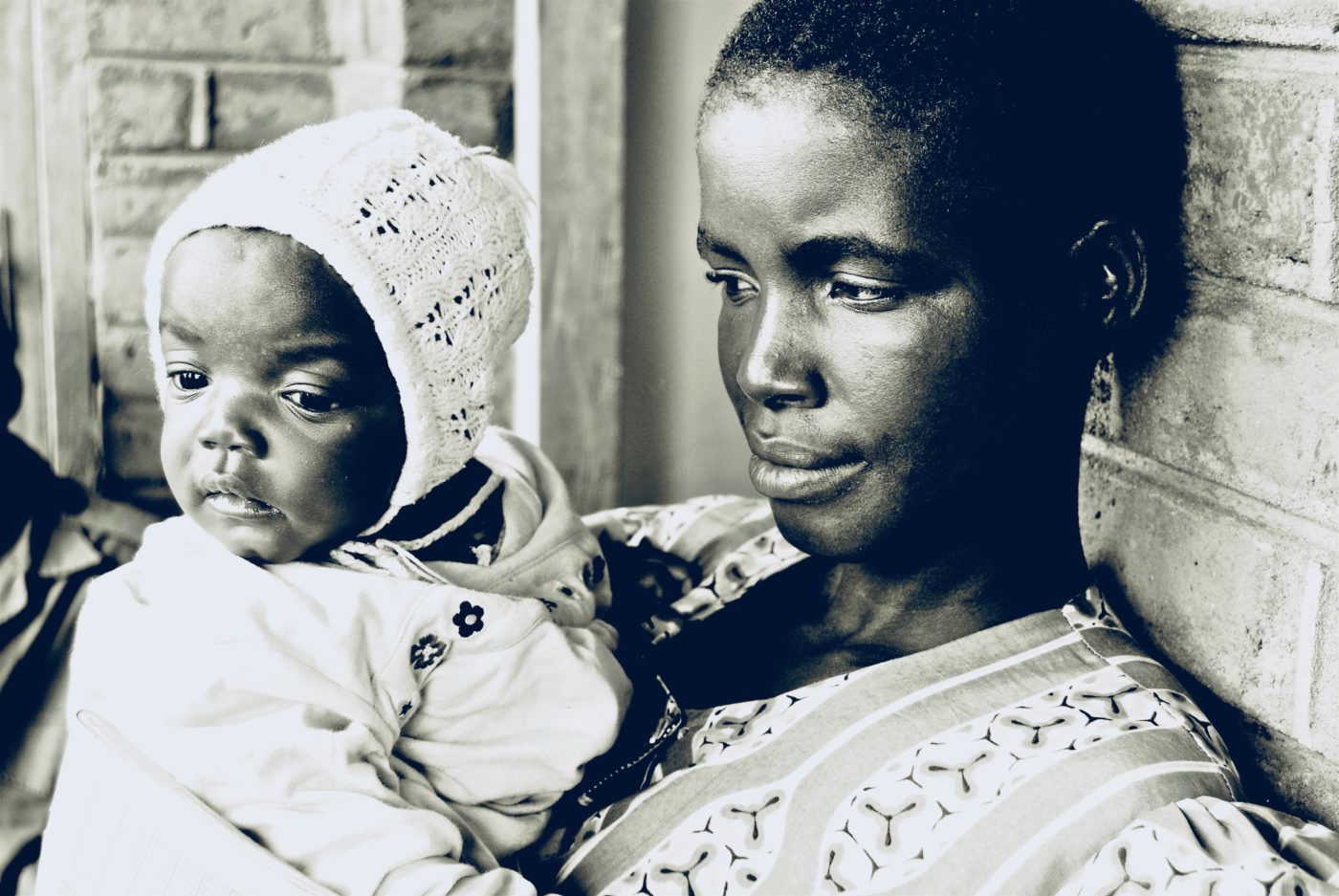Stories
Delivery Amid Abuse
Alcina has lived her entire life in an isolated coastal village in Mozambique’s southern region, without access to electricity, running water, or transport. She gave birth to her three children at the local health center – a 17km trek from her home. Within moments of each delivery, she was forced to get out of bed and fetch water from the borehole to wash the soiled sheets. “When my daughter was born last year, the nurse and the cleaner didn’t treat me with courtesy,” recalls Alcina. “I was treated very badly. I was insulted, and when I complained that I was in pain, the cleaner told me to lie back down, and then she slapped me on the face.” Alcina continues, “Many women didn’t want to go to the health center. They preferred to give birth at home.”
The first two times Alcina gave birth amidst verbal and physical abuse, she – and other mothers – had nowhere to turn. “We felt helpless,” she says. “We didn’t know what we were supposed to do when things went wrong.” By the time she gave birth the third time, however, Namati’s health advocate, Hortência, had been working to support communities in the area for nearly a year. The village health committee, which had previously existed only on paper, was now an active group of five women and four men who, with guidance from Hortência, had begun conducting advocacy at the local and district levels. They had gained the trust of community members and health providers alike.
Alcina approached several committee members and told them about her experience. The committee went to speak with Leonor, the cleaner in question. She denied having slapped and mistreated her patient. Several weeks later, the committee invited Leonor, the head nurse, and a community leader to a meeting to discuss the incident and the potential impact of such behavior on maternal and newborn health. It was then that Leonor finally acknowledged her wrongdoing.
Over the next few months, Hortência and the health committee members monitored Leonor’s behavior. An elder woman from the community noted:
“Leonor has really changed. The way in which she talks to patients is different. She used to berate everyone, but now she treats people well. Since Hortência’s arrival, we have become capable of applying pressure, and things are improving. In the past, the maternity waiting house was always empty, but now there are pregnant women who come.”
According to the head nurse, births at the facility have risen from an average of 2 births per month to as many as 12 to 15 — slightly higher than the national average for a rural catchment area of its size.

